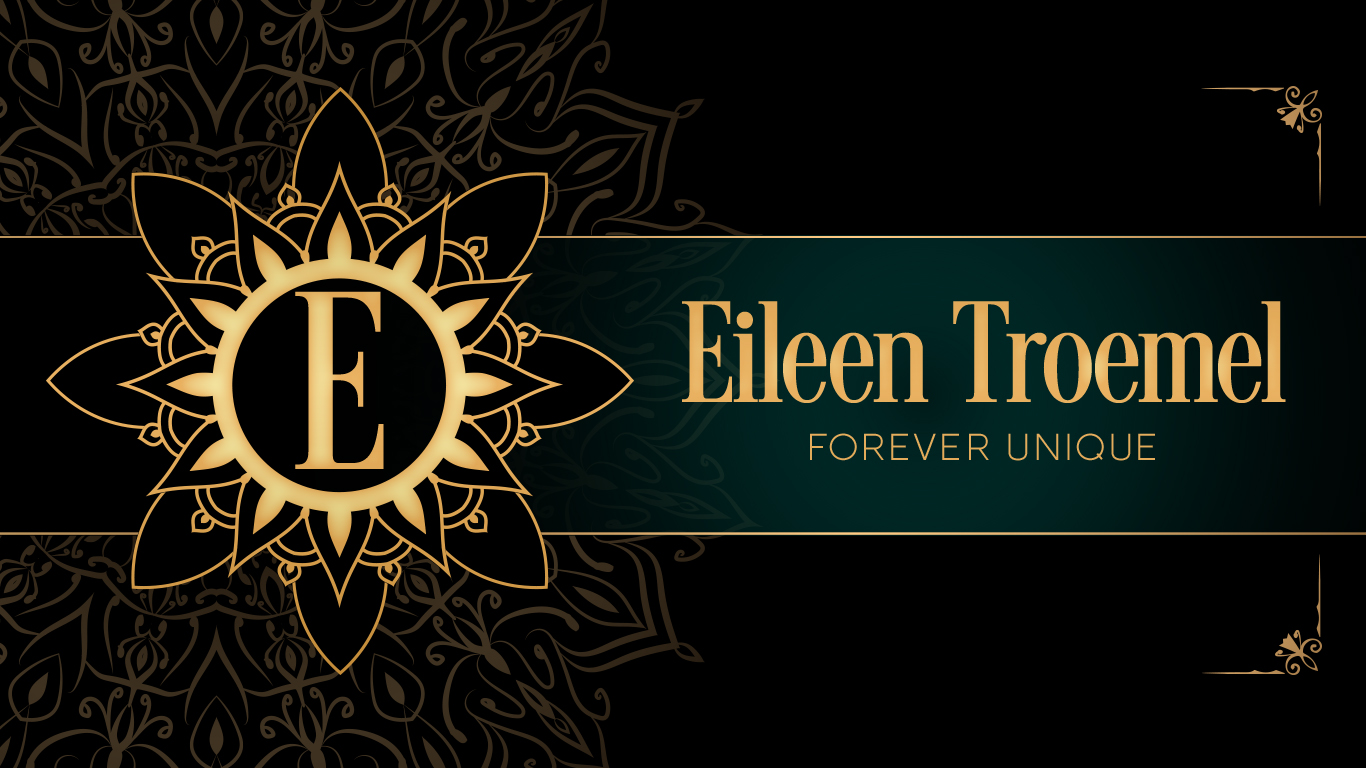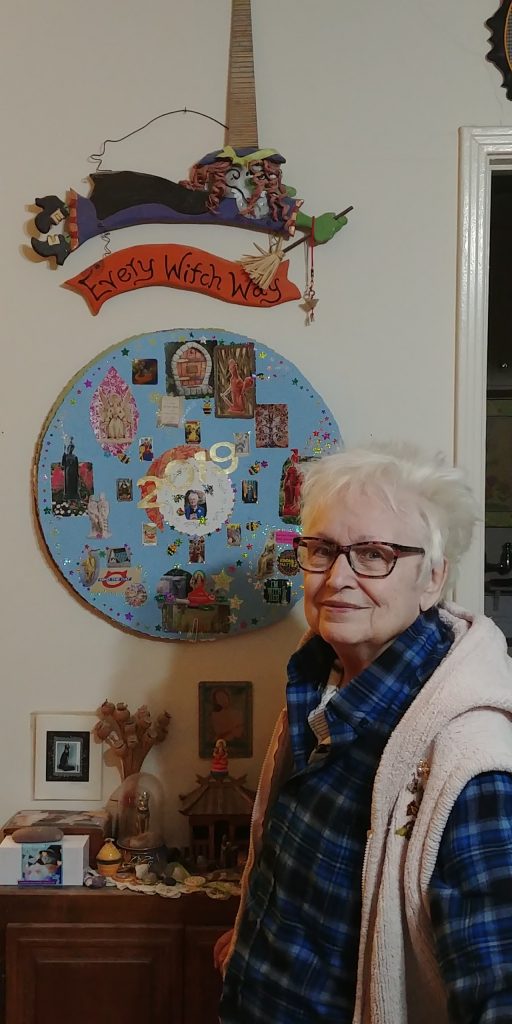Morgan and I bumped into each other on social media. Since she offers services for beta reading and proofreading I thought it would be wonderful to have a description of what these two things are and how they work if you hire someone.
Tell us a little about yourself
I get paid to read books! I am a freelance beta reader, proofreader, and editor.
What is your background for being a beta reader and proofreader?
I have a B.A. in English, and I minored in Printing and Publishing Arts. That minor heavily emphasized editing techniques. Just as importantly, I’ve been a devourer of books for as long as I can remember! I love words and stories and I’m fascinated with how they work. I have also been teaching for eighteen years, so I’ve read and curated books for kids and teens of all ages and I have lots of experience evaluating writing and giving constructive criticism.
Please explain what a beta reader does?
A beta reader reads a manuscript before it’s published, and usually before it goes through any editing. Beta readers provide feedback from a reader’s perspective. Many authors exchange manuscripts with other authors or try to recruit readers to give them feedback. Sometimes this works out great, but often other writers are busy and have a hard time getting to critiquing someone else’s book right away. Readers are often busy, too, and they tend to have a hard time giving the kind of detailed, honest feedback that a writer can use to make her book better.
As a beta reader, I read unpublished manuscripts just as a reader would, but as I go, I make notes of my thoughts. What do I think is going to happen next? What made me laugh out loud? What grossed me out or confused me? Then, I look at the book as a professional, with a critical eye. I consider the intended audience and genre expectations, and I give constructive feedback on the book as a whole.
And a proofreader
Proofreaders find errors after the copyediting process. Sometimes when the author makes changes called for by the copyeditor, she accidentally introduces mistakes such as duplicate words or misspellings. Suggesting changes to sentence structure, pointing out passages that lack clarity, addressing widespread punctuation and grammar issues, etc. are beyond the scope of proofreading. This is copyediting, a much more time-consuming task.
Do you have genres you prefer? Or ones you won’t work in?
I’m always thrilled when I get my hands on a cozy mystery! I read a wide range of genres, and fantasy is another one of my favorites. I also enjoy sweet romance and historical romance. Those who write for kids and teens will be happy to know that I have experience with the unique characteristics of kidlit and YA and am also currently working with kids on a regular basis.
I’m not the right reader for erotica, erotic romance, steamy romance, or horror. I’ve just never gravitated toward them and I wouldn’t be able to give good feedback.
What’s the number one thing you hate to see in a manuscript?
Preaching! I’ve spent many hours with manuscripts that were all message and no plot. The author had something to say, and she was so focused on saying it that she forgot to tell a story. No matter what your philosophy is, the best way to convey it is through a great story. The story must come first!
What is something which has totally taken you by surprise when reading?
I’ve been surprised by many fun plot twists, but I won’t give those away here. I’ve also had a few experiences with books that suddenly changed in tone halfway through. That’s a much less pleasant surprise!
What can authors do to better prepare their manuscripts for a beta or proofreader?
Study your craft. Sure, you’re hiring a professional, but how will you know whether she did a good job if you don’t know how to use an apostrophe with a plural possessive or if you’re not a reader yourself?
When hiring a beta reader, it’s okay to leave spelling and punctuation errors unchecked, but the manuscript should be clean enough that a reader can make sense of it. If you’re hiring a proofreader, remember that her job is to catch mistakes that remain after copyediting has already taken place. In general, the better shape your manuscript is in, the more the pros can help you put a finer polish on it.
What format do you prefer?
I prefer using track changes in Microsoft Word, but I can work with PDF as well.
What advice do you have for authors?
Read! Read widely, and read in your genre. I believe that most writers absorb some of the elements that make up a strong plot and compelling characters as well as genre expectations if they read a lot. Your experience as a reader is what gives you that gut feeling that something is off with a certain part of your story. Sure, it often takes someone else (such as a beta reader) to reaffirm those suspicions, but the more your writerly senses are honed, the better your manuscript will be to begin with, and the better able you’ll be to consider that feedback and decide whether or not it’s on point.
Links to find Morgan Worth
Please visit my website for more details on my rates and how to hire me! http://www.mybetareader.com
I also have a Facebook page:
https://www.facebook.com/MyBetaReader


